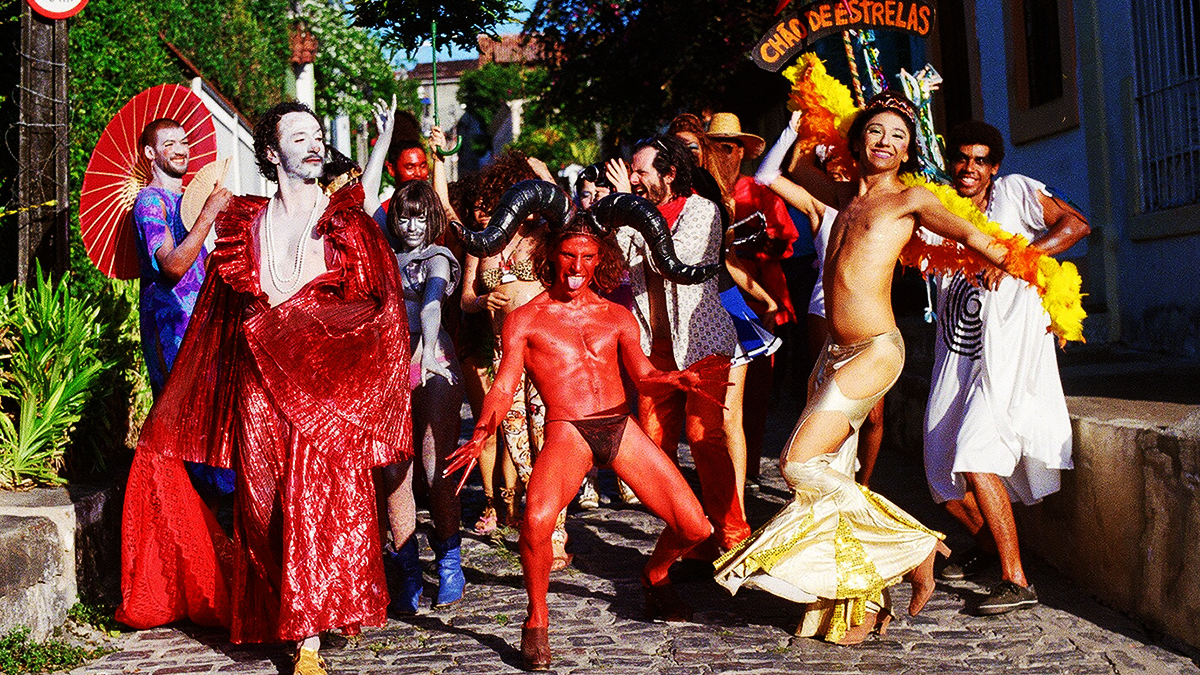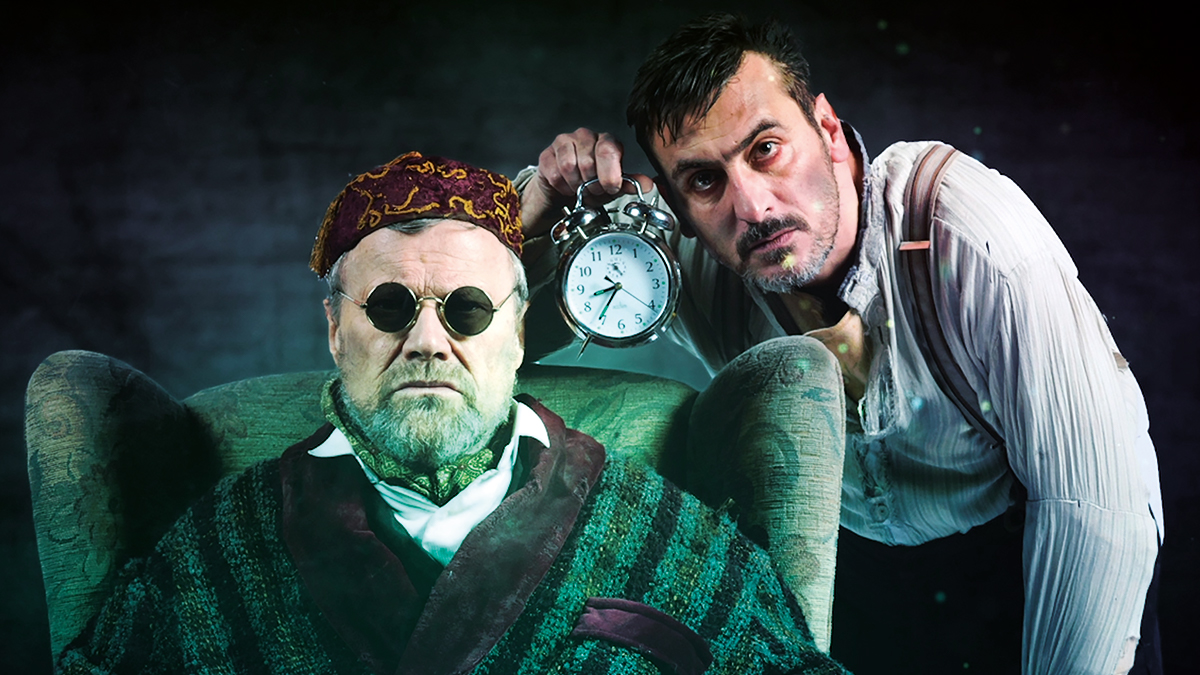Around 100 to 120 films are produced per year in Brazil. Despite this impressive production rate, Brazilian cinema hasn't travelled outside of its home territory as much as you might expect.
Lúcia's project, IntermIdia, aimed to influence the way others understand the Brazilian films that do make it out into the wider world. The three-and-a-half year project was co-funded by the Arts & Humanities Research Council (AHRC) in the UK and the São Paulo Research Foundation (FAPESP) of Brazil.


